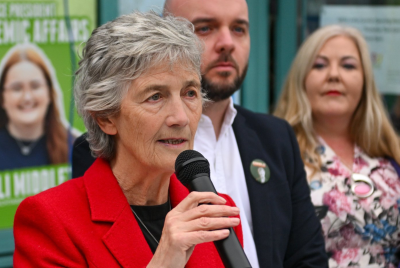Indias Top Court Makes Gay Sex Illegal Again
India's Supreme Court on Wednesday (December 11) threw out a 2009 ruling by a lower court that had decriminalised gay sex, in a major setback for the cause of gay rights in the world's largest democracy.
The top court stated that only India's parliament could change the law, by deleting a section of the penal code dating back to the 19th century, thus ruling that the Delhi High Court had overstepped its powers with its decision four years ago.
The move shocked gay rights activists, who had expected the court simply to rubber-stamp the earlier ruling. In recent years, India's Supreme Court has made progressive rulings on several rights issues.
Section 377 of India's penal code bans "sex against the order of nature", which is widely interpreted to mean homosexual sex, and can be punished with up to 10 years in jail. The rule dates back to the days of British colonial rule in India.
India's Law Minister Kapil Sibal said he could not comment on the judgment and did not say if the government planned to seek an amendment to the law.
However, it seems unlikely the government will risk taking a stand on the issue in the short term. General elections are coming up in May in largely socially conservative India, and the Hindunationalist opposition is already gathering momentum.
The 2009 ruling to exempt gay sex between consenting adults from the ban was the result of a case brought by the Naz Foundation, an Indian sexual rights organisation, which fought a legal battle for almost a decade.
Presented by Adam Justice
Read more: https://www.ibtimes.co.uk/india-gay-homosex-lgbt-illegal-delhi-verdict-529189





















